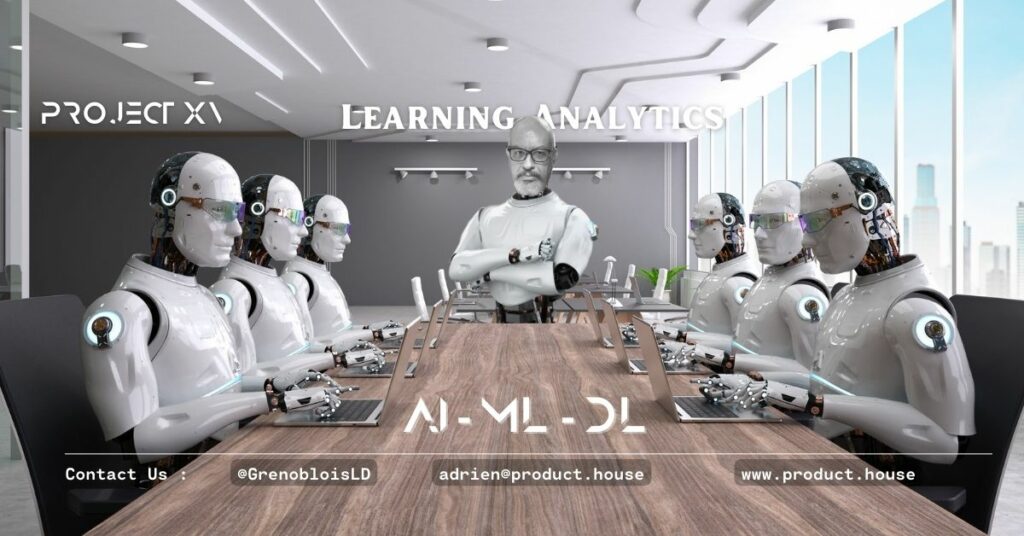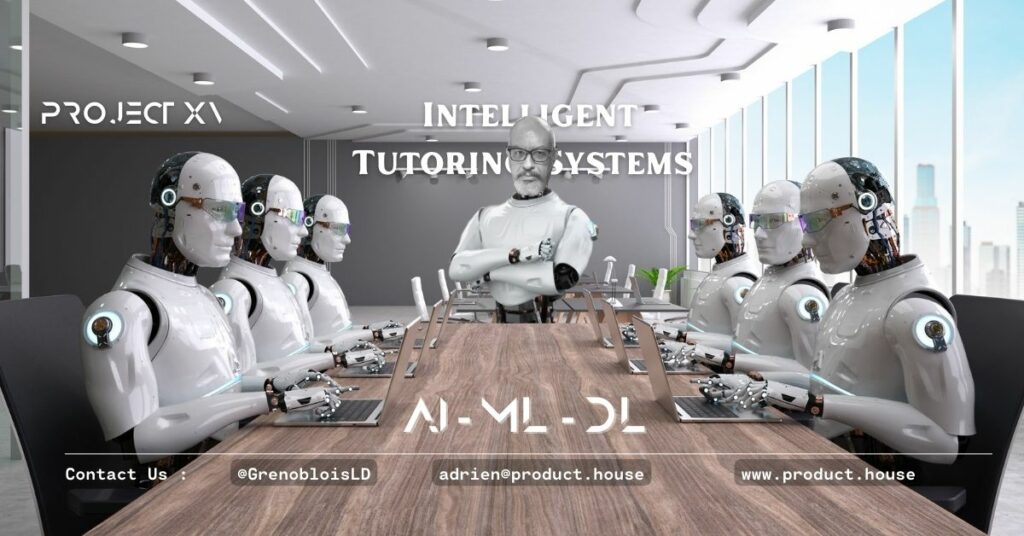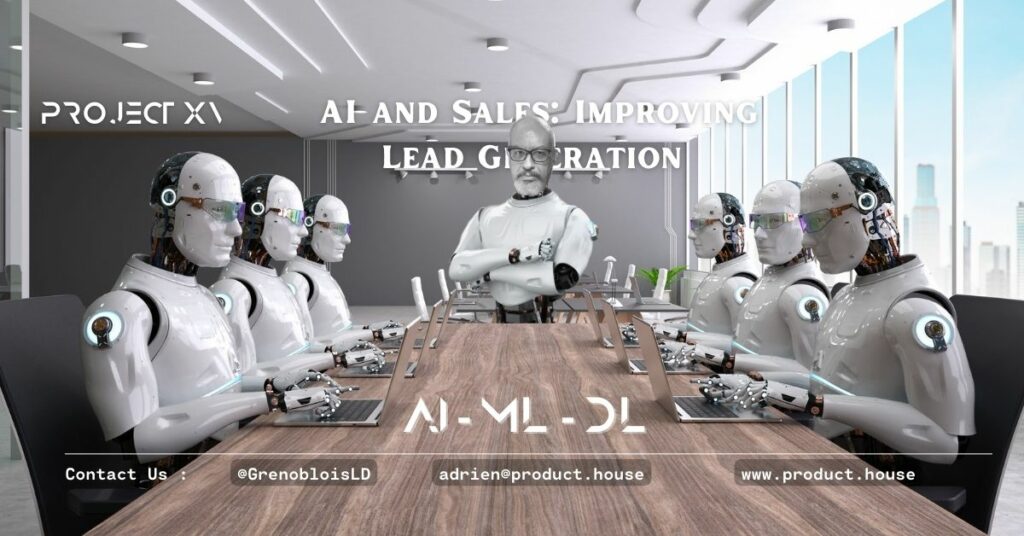Learning Analytics: Using AI to Improve Educational Outcomes

Learning analytics is the process of collecting and analyzing data on student learning to improve educational outcomes. With the help of artificial intelligence (AI), learning analytics can provide teachers with insights into student progress, identify areas of difficulty, and personalize learning experiences. In this article, we will explore the ways in which learning analytics can improve educational outcomes.
Introduction
The traditional education system has a one-size-fits-all approach to teaching, which can leave some students behind. However, with the advent of new technologies like learning analytics, the way we teach and learn is changing. Learning analytics has the potential to provide teachers with a better understanding of their students, and to help them better meet the needs of each student.
How Learning Analytics Works
Learning analytics uses machine learning algorithms to analyze student data and provide insights into student learning. It can collect data on student performance, engagement, behavior, and more, and provide teachers with real-time feedback on how their students are progressing. Learning analytics can also identify areas where students are struggling, and provide personalized recommendations for how to improve student outcomes.
Benefits of Learning Analytics
One of the biggest benefits of learning analytics is its ability to provide personalized learning experiences for students. By analyzing student data and providing personalized recommendations, teachers can help each student learn and grow at their own pace.
Another benefit of learning analytics is its ability to help teachers identify areas where their students are struggling. With real-time feedback and insights, teachers can make informed decisions about how to support their students and improve learning outcomes.
Challenges and Opportunities
While learning analytics has the potential to revolutionize education, there are also some challenges that need to be addressed. One of the biggest challenges is the need for high-quality data. Machine learning algorithms require large amounts of data to be trained, and the quality of the data is critical to the accuracy of the predictions. This means that educational institutions need to invest in data quality and data management to ensure that their machine learning models are accurate.
Another challenge is the need for expertise in data science and machine learning. Educational institutions need to have a good understanding of how machine learning works, and they need to be able to work with data scientists to develop and deploy machine learning models. This requires a certain level of technical knowledge, as well as an understanding of the educational context.
However, despite these challenges, there are many opportunities for the education industry to use learning analytics in new and innovative ways. With the right approach, learning analytics can help educational institutions provide better education to their students.
Resources and Further Reading
If you are interested in learning more about learning analytics and how it can improve educational outcomes, there are many resources available to you. Here are a few recommendations:
Books:
- “Learning Analytics: Measurement Innovations to Support Student Success” edited by George Siemens, Dragan Gašević, and Shane Dawson
- “Learning Analytics in Education” edited by Johann Ari Larusson and Brandon White
Online Courses:
- “Learning Analytics Fundamentals” offered by edX
- “Learning Analytics for Higher Education” offered by Coursera
University Courses:
- “Learning Analytics” offered by University of Texas at Arlington
- “Data Analytics for Learning” offered by University of Michigan
- “Introduction to Learning Analytics” offered by University of Technology Sydney
Experts in Learning Analytics:
- George Siemens
- Dragan Gašević
- Shane Dawson
- Johann Ari Larusson
- Brandon White
Examples of Learning Analytics in Use:
- Carnegie Learning: Carnegie Learning is a provider of math tutoring software that uses learning analytics to provide personalized learning experiences for students. Their software uses machine learning algorithms to analyze student data and provide real-time feedback and support.
- Learning Management Systems (LMS): LMS platforms such as Canvas and Blackboard use learning analytics to provide insights into student progress and engagement, and to provide teachers with real-time feedback on how their students are doing.
- Smart Sparrow: Smart Sparrow is an adaptive learning platform that uses learning analytics to provide personalized learning experiences for students in a variety of subjects. Their platform uses machine learning algorithms to analyze student data and provide customized learning experiences that are tailored to the individual needs of each student.
- Edmentum: Edmentum is a provider of educational software that uses learning analytics to provide personalized learning experiences for students in a variety of subjects. Their software uses machine learning algorithms to analyze student data and provide customized learning experiences that are tailored to the individual needs of each student.
- Brightspace: Brightspace is a learning management system that uses learning analytics to provide real-time feedback and insights into student learning. Their platform provides teachers with data on student progress and engagement, and helps them to identify areas where students are struggling.
Conclusion
Learning analytics has the potential to transform education by providing teachers with real-time insights into student learning. With the help of AI and machine learning, learning analytics can personalize learning experiences, identify areas where students are struggling, and improve educational outcomes. By investing in data quality and management, and by building expertise in data science and machine learning, educational institutions can use learning analytics to provide better education to their students.






